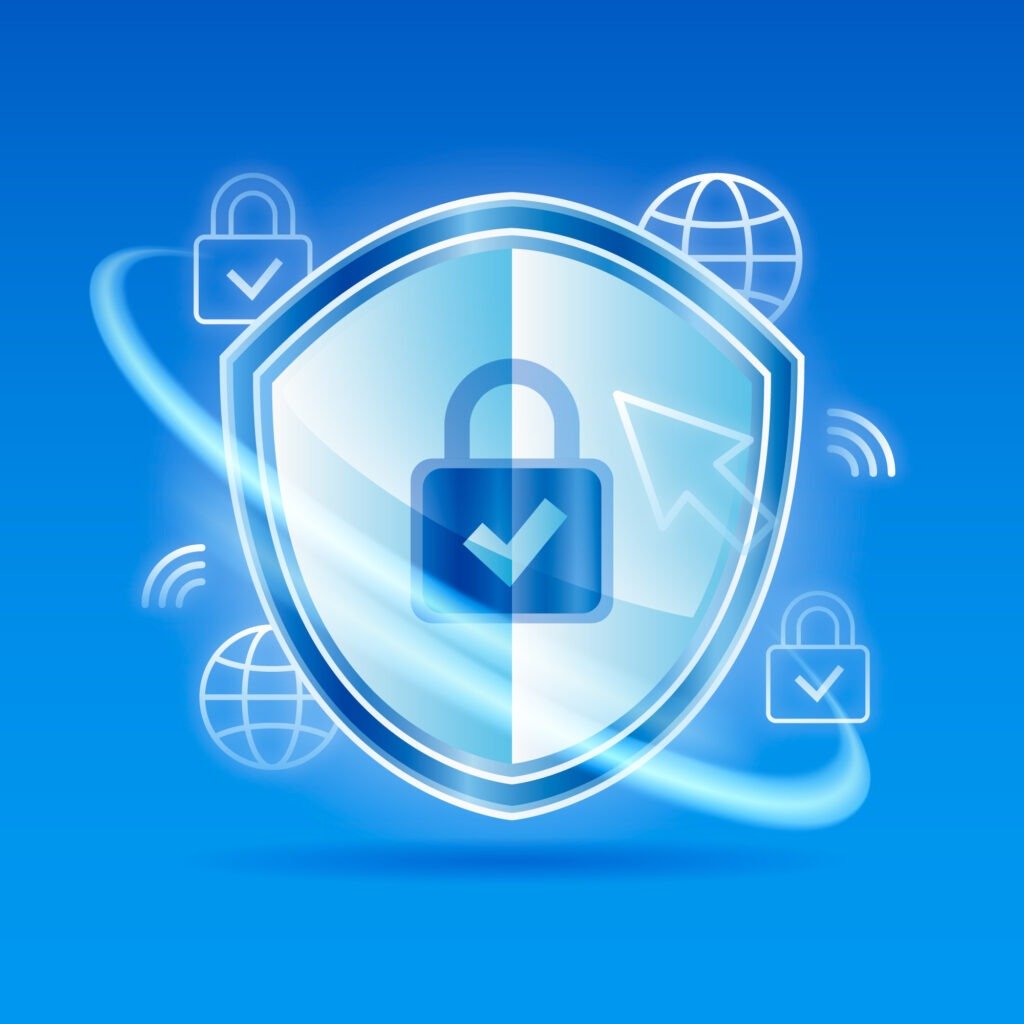The healthcare industry is increasingly embracing remote work models as a means to enhance operational efficiency, expand access to care, and adapt to changing patient needs. This article provides practical insights and strategies on effectively managing remote teams in the healthcare sector, offering guidance to organizations seeking to optimize their remote workforce and deliver quality care in a virtual environment.
Establish Clear Communication Channels
Effective communication is essential for remote teams to collaborate, coordinate patient care, and align on objectives. Healthcare organizations should establish clear communication channels, leveraging teleconferencing platforms, instant messaging tools, and secure email systems to facilitate real-time communication among remote staff. Encouraging regular check-ins, team meetings, and virtual huddles fosters transparency, collaboration, and accountability within remote teams.

Leverage Telehealth Technology
Telehealth technology plays a pivotal role in enabling remote teams to deliver virtual healthcare services and consultations. Healthcare organizations should invest in telehealth platforms, electronic health records (EHR) systems, and remote monitoring devices to facilitate remote patient assessments, diagnoses, and treatment planning. Training remote staff on telehealth best practices and protocols ensures the effective delivery of telemedicine services while maintaining patient confidentiality and privacy.
"In the dynamic realm of remote healthcare, effective management is the cornerstone of quality patient care. By fostering clear communication, embracing telehealth innovation, and prioritizing the well-being of remote staff, healthcare organizations can navigate the virtual landscape with resilience, ensuring that patients receive the highest standard of care, regardless of physical distance."
Provide Remote Training and Education
Continual training and education are crucial for remote healthcare teams to stay abreast of industry developments, clinical guidelines, and best practices. Healthcare organizations should offer remote training programs, webinars, and online resources to support the professional development of remote staff. Providing access to virtual learning platforms and certifications enables remote healthcare professionals to enhance their skills, expand their knowledge, and deliver high-quality care to patients.
Ensure Compliance with Regulatory Requirements
Maintaining compliance with regulatory requirements is paramount for remote healthcare teams to uphold patient safety, privacy, and confidentiality standards. Healthcare organizations should ensure that remote staff adhere to industry regulations, such as the Health Insurance Portability and Accountability Act (HIPAA), and undergo training on compliance protocols and data security measures. Implementing robust cybersecurity measures, encryption protocols, and access controls safeguards patient health information (PHI) and mitigates potential risks associated with remote work.
Promote Work-Life Balance and Well-being
Remote work can blur the boundaries between professional and personal life, leading to burnout and stress among remote healthcare professionals. Healthcare organizations should prioritize work-life balance initiatives and employee well-being programs to support the mental, emotional, and physical health of remote staff. Encouraging regular breaks, providing access to virtual wellness resources, and offering flexible scheduling options promote employee resilience, productivity, and job satisfaction in the remote work environment.
Foster a Culture of Collaboration and Support
Building a culture of collaboration and support is essential for remote healthcare teams to thrive in the virtual environment. Healthcare organizations should foster a sense of community, camaraderie, and teamwork among remote staff through virtual team-building activities, peer support networks, and recognition programs. Cultivating a supportive work environment where remote staff feel valued, empowered, and connected enhances morale, engagement, and retention within the remote healthcare workforce.
In conclusion, effectively managing remote teams in the healthcare sector requires a combination of strategic planning, technological innovation, and a commitment to excellence in patient care. By establishing clear communication channels, leveraging telehealth technology, providing remote training and education, ensuring compliance with regulatory requirements, promoting work-life balance and well-being, and fostering a culture of collaboration and support, healthcare organizations can optimize their remote workforce and deliver quality care in the virtual landscape.






